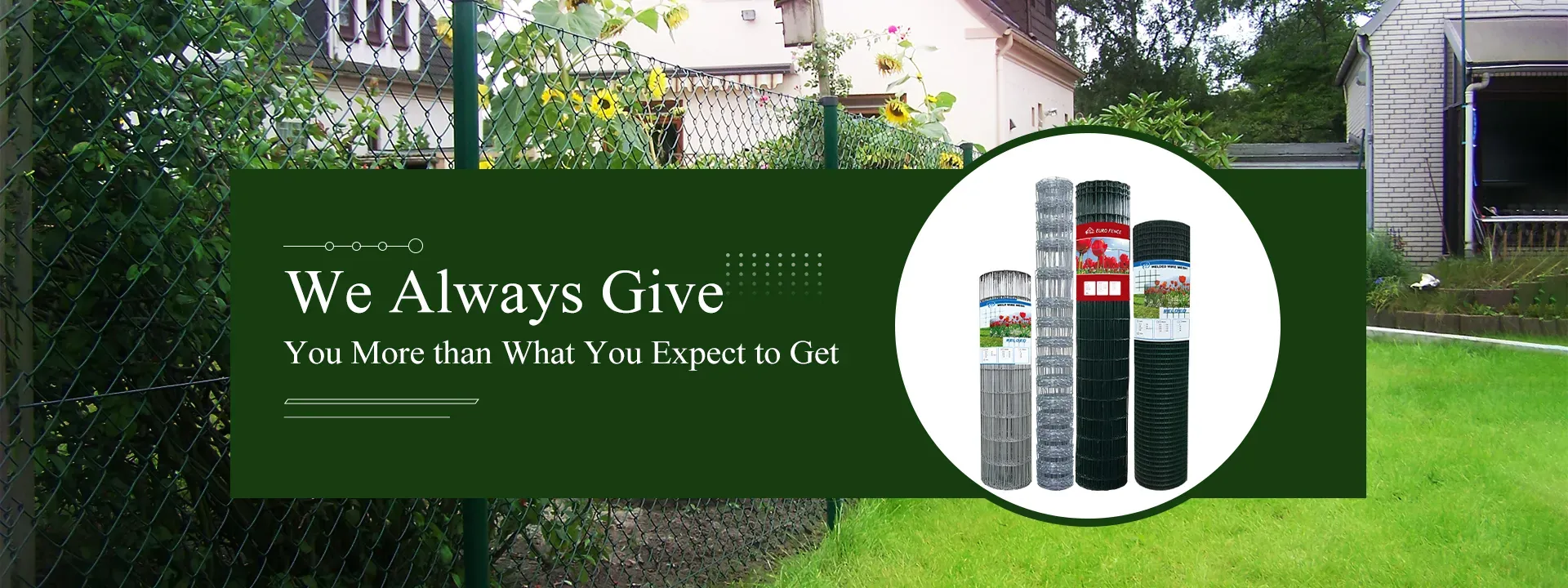Understanding Window Screen Material Types, Benefits, and Applications
In the realm of home improvement and construction, window screens play a pivotal role in enhancing the functionality and aesthetics of living spaces. The choice of window screen material can significantly impact both performance and durability. This article delves into the various types of window screen materials, their benefits, and suitable applications to help homeowners make informed decisions.
Types of Window Screen Materials
1. Fiberglass Screens One of the most common types of window screen materials is fiberglass. These screens are made from fine strands of glass yarn woven together. Fiberglass screens are lightweight, non-corrosive, and highly resistant to rust and oxidation. They come in a variety of colors, with the most popular being charcoal and silver. Their durability makes them an attractive choice for residential use as they provide a clear view while keeping pests at bay.
2. Aluminum Screens Aluminum is another prevalent screen material, known for its strength and long-lasting capabilities. Aluminum screens are more rigid than fiberglass, making them a robust option for areas prone to high winds or heavy insect pressures. They are often painted or coated to prevent corrosion and enhance longevity. While they don't provide as clear a view as fiberglass screens, their durability in outdoor environments makes them a popular choice for patios and porches.
3. Stainless Steel Screens For those seeking maximum protection against both pests and corrosion, stainless steel screens are the optimal choice. These screens are particularly beneficial in coastal areas where saltwater can degrade other materials. Stainless steel screens provide excellent strength and visibility, making them a favored option for commercial buildings and high-end homes.
4. Pet Screens Homeowners with pets should consider specialized pet screens, typically made from extra-strength fiberglass or vinyl-coated polyester. These materials are designed to withstand scratching and tearing from pets, significantly extending the life of the screen. Pet screens are an excellent investment for pet owners, ensuring their furry friends can enjoy the fresh air while keeping insects out.
5. Solar Screens Solar screens are crafted to reduce solar heat gain and glare from sunlight. Made from tightly woven vinyl or fiberglass, these screens can block a substantial percentage of UV rays while allowing for airflow and visibility. They are especially advantageous in hot climates, helping to keep homes cooler and reduce energy costs associated with air conditioning.
Benefits of Choosing the Right Window Screen Material
window screen material

Selecting the appropriate window screen material can provide numerous benefits beyond just keeping bugs out
- Enhanced Ventilation Quality screens allow for air circulation while preventing insect intrusion, contributing to a more comfortable indoor environment. - Insect Control Screens act as a barrier against various pests such as mosquitoes, flies, and other insects, allowing homeowners to enjoy open windows without the nuisance of bugs.
- UV Protection Certain screen materials, like solar screens, can effectively filter out harmful UV rays that can fade furniture and flooring, thus preserving the interior aesthetics of homes.
- Energy Efficiency By reducing solar heat gain, some window screens can help minimize the reliance on air conditioning, leading to lower energy bills.
- Aesthetics and Customization Window screens come in various colors and styles, allowing homeowners to choose options that match their home's design and personal preference.
Applications for Window Screen Materials
The applications for window screens are diverse, ranging from residential to commercial settings. They can be used in traditional windows, sliding doors, patios, and even custom openings. In addition, they can serve a functional role in agricultural settings, protecting crops from pests while enabling proper air and light exposure.
In conclusion, window screen materials vary significantly in terms of composition, durability, and functionality. Whether a homeowner is interested in the lightweight flexibility of fiberglass, the robust strength of aluminum, or the specialized features of pet and solar screens, understanding the distinct advantages of each material is essential. By making informed choices about window screen materials, homeowners can enhance their living space, improve energy efficiency, and create a more comfortable home environment.
















